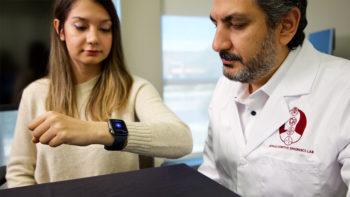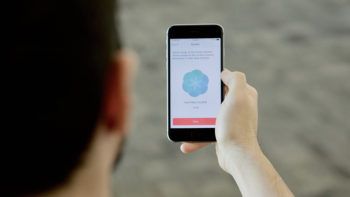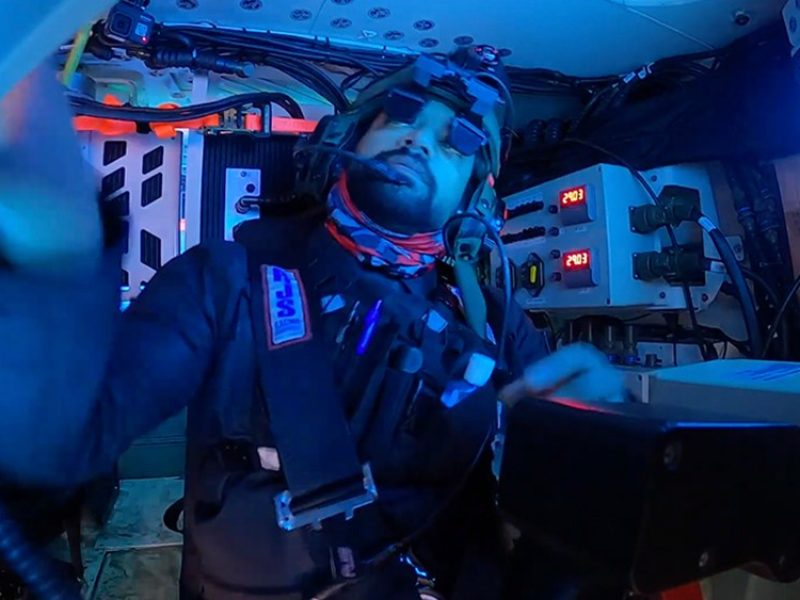Wearable Technology For Mental Health

While mental health counseling is available on most college campuses, the stigma around mental health care can keep students away from the help they need. This is why researchers at Texas A&M University are developing evidence-based services to help manage students’ mental health.
Most college students have either a smartphone, tablet or smartwatch that gives them constant access to one another and the world around them. Smart technology and can also provide a reliable platform to deliver mental health services. To that end, a team of researchers led by Farzan Sasangohar, assistant professor in the Department of Industrial and Systems Engineering, is developing a wearable continuous monitoring tool.

The tool uses advanced machine learning and a wide range of sensors provided on commercial off-the-shelf smartwatches to detect signs and symptoms of high anxiety and direct the smartwatch wearer to resources. The wearable device would be triggered by negative indicators, such as anxiety patterns of heart rate and self-reports by the smartwatch wearer, and would prompt the wearer to engage in therapeutic activities. The pilot program is called Mental Health Evaluation and Lookout, or mHELP.
Resources available through mHELP include therapeutic activities like mobile self-assessments, educational content and self-management tools, such as biofeedback and mindfulness exercises. These services are available through a mobile platform. The monitoring tool will also integrate with in-person and virtual counseling sessions, which will help mental health providers guide their patients’ treatment plans more effectively.
The aim of the pilot program is to bring mental health care to students as they experience anxiety or depression, and provide on-demand or proactive access to virtual and in-person counseling. By allowing students to manage their mental health through a wearable device, the researchers feel that some of the stigma associated with mental health treatment can be overcome.
“Mental health is affecting students’ academic success and their overall quality of life,” Sasangohar said. “Mental illness can also affect a student’s motivation, concentration and social interactions, which are all crucial factors for a student to be successful in college and life.”
This program is the first of its kind and could be used as a model for integrating mobile-enabled technologies into mental health care in other communities.
Sasangohar will collaborate with Counseling & Psychological Services, the Office of the Dean of Faculties and the Division of Student Affairs, as well as faculty in the Bush School of Government and Public Service, College of Education & Human Development, School of Public Health and College of Engineering.
This project is funded by the X-Grants program at Texas A&M through the Office of the President. Funding will be used to implement the pilot program at Texas A&M.
This article by Alexandra H. Salazar originally appeared on the College of Engineering website.





